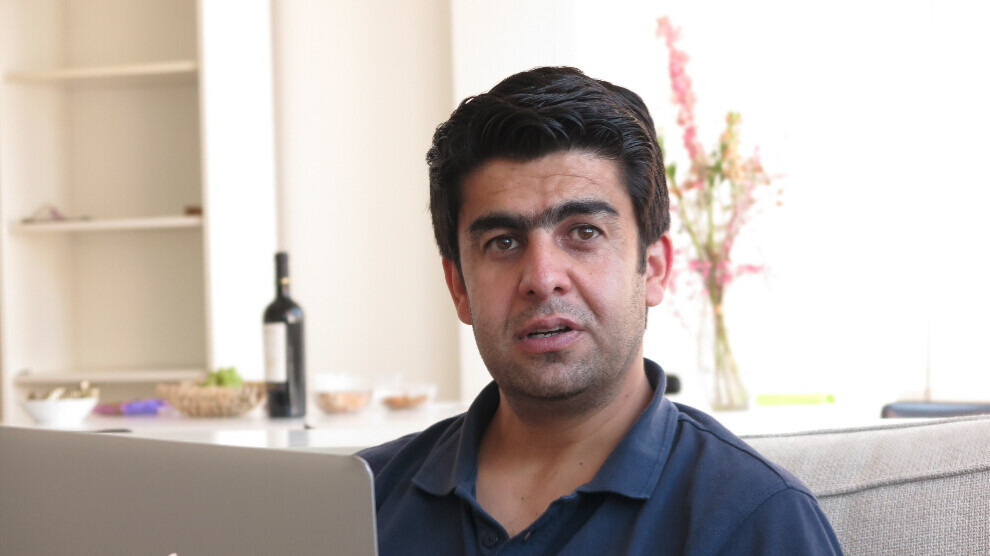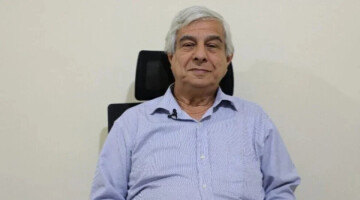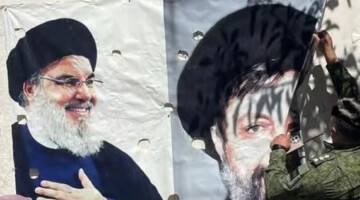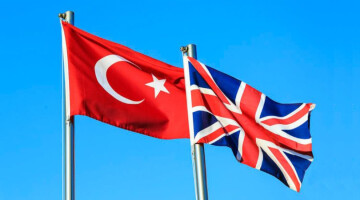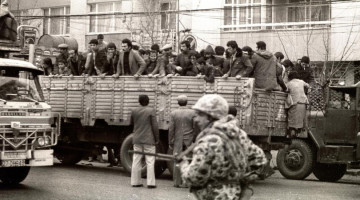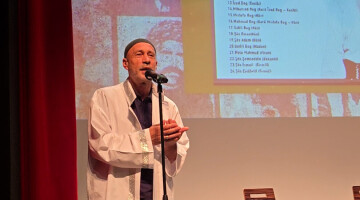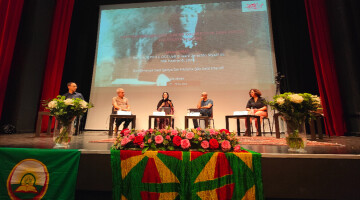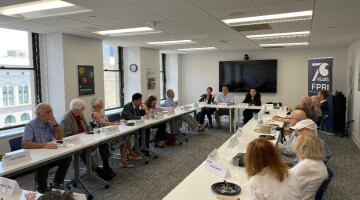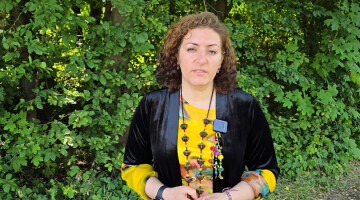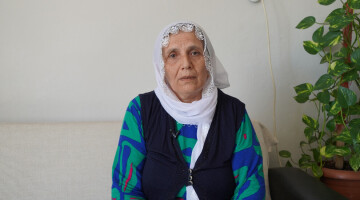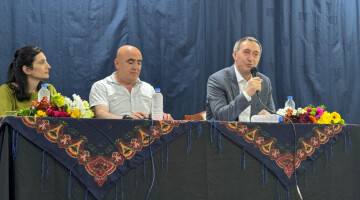As a large number of migrants, the majority of whom are from Kurdistan, are waiting on the Polish-Belarusian border in cold weather and poor living conditions, migration from southern Kurdistan (northern Iraq) has again sparked a public debate in Kurdistan and European countries. Kemal Chomani, who comes from Southern Kurdistan and lives in Hamburg, Germany, spoke to ANF about the reasons for the recent migrant influx and the background story behind it.
Chomani said that people who escape from South Kurdistan (kr: Bashur) should not be blamed and that there is not only an economic crisis but also a serious political crisis in Bashur. “Social and economic injustice is more serious than you can imagine, the people there have fallen into a deep despair. Moreover, a totalitarian government under Masrour Barzani runs the country, and people no longer want to live in such a country where there is no freedom and equality.”
The journalist added that the latest invasion attacks of the Turkish state have further destabilized South Kurdistan. “Civilians are killed each day in Turkey's attacks, and the regional government remains silent. The people of Bashur are aware of this situation as well, and they are reacting to it.”
'PEOPLE REACT TO GOVERNMENT CORRUPTION'
Chomani remarked that the government in South Kurdistan serves the interests of Turkey and Iraq. “Although it has been 30 years since Bashur's liberation, there is still a dual administration and failure in democratization has upset the people.” He pointed out that the people of Bashur know very well that South Kurdistan is not like other Middle Eastern and African countries struggling against hunger and misery.
“In other countries, people are fleeing because of hunger, but in South Kurdistan, people are fleeing because they do not enjoy freedom and equality, and most importantly, the government plunders the country’s resources. The people of Bashur know that the Iraqi central administration transfers 350 billion Dinars each month to the Kurdistan regional government which also exports 470,000 barrels of oil to foreign countries. So, why is the economic situation of the people bad? Because this money goes to the families that run the administration.”
For Chomani, the institutions/organizations in South Kurdistan are controlled by the families holding the reins of power. “They sell the state's property to their private companies, and then they sell them back to the state through these companies. The people do not want to tolerate this systematic corruption anymore and they leave Kurdistan when they get the chance.” Chomani underlined that young people constitute an important part of the population of Bashur and remain unemployed with no future.
'BASHUR IS GOVERNED BY AN INTELLIGENCE REGIME'
Chomani revealed that some of those who have recently left South Kurdistan are activists. “No one wants to live in a country where journalists, human rights defenders and activists are in prison. That's why activists prefer to go abroad to continue their struggle.” Around 80 activists are currently jailed in prisons of South Kurdistan, Chomani said, adding that “these activists are public figures and committed no crimes and it is a serious injustice that they are put into prisons."
According to Chomani, South Kurdistan is governed by an intelligence regime. He said that anyone who demonstrates against the government could be put in prison by being designated a "terrorist" by the security forces. Chomani cited what happened to the activists dubbed as the "Behdinan prisoners".
'WEST'S SUPPORT ESCALATED THE CRAKCDOWN AGAINST PEOPLE'
Chomani remarked that the European Union, England and the US are also responsible for the departure of the people of South Kurdistan from their country. He said that the support given by the western countries to the peshmerga/asayish forces affiliated with the political parties in South Kurdistan has caused more pressure against the people. The journalist urged western countries to support the people of South Kurdistan rather than the forces affiliated with the existing parties.
“For years, Western countries have turned a blind eye to the democratization of South Kurdistan and the violations of human rights. They have only endorsed the parties in power indirectly or directly. Therefore, western countries are also complicit in the recent migration from Kurdistan.”
During interviews with Kurdish and international media outlets, the migrants from South Kurdistan who are struggling to survive under very harsh conditions at the Polish border criticize the Kurdistan regional government, especially the ruling KDP, the corruption and the non-payment of salaries for months.
RELATED NEWS:

